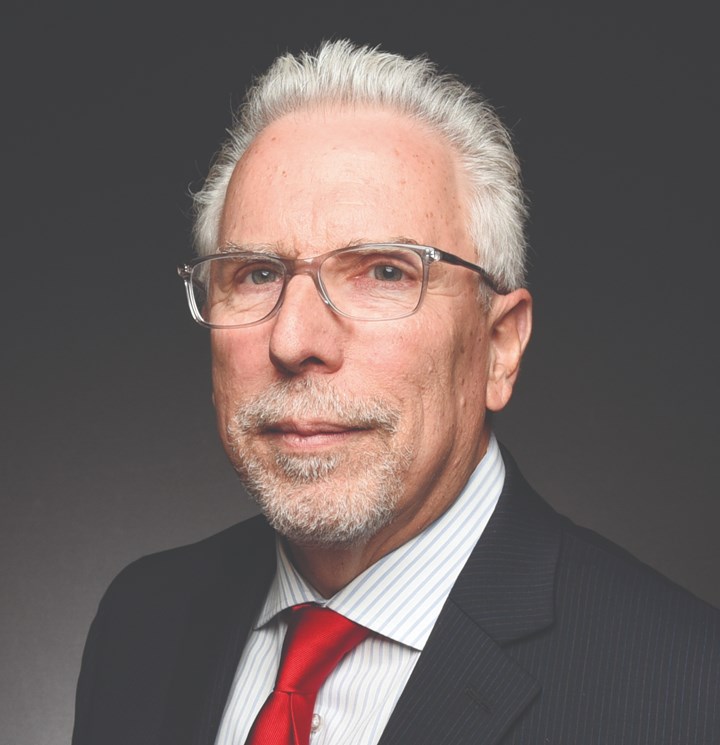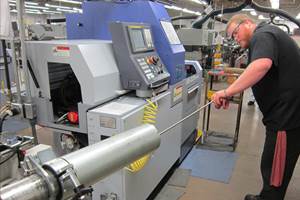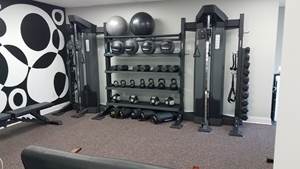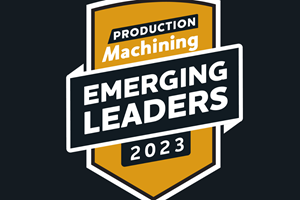Context — The Missing Key to Workforce Development
Upskilling your current workforce is as important as finding new talent. To expose them to experiences that encourage them to become problem-solvers is imperative.

Broader context can upgrade the performer’s understanding to become knowledgeable — not just competent — at their responsibilities and authorities.
The need for a skilled workforce in our shops is universally recognized, and many of us are doing all we can to bring in the next wave of talent for our shops. But the workforce issue isn’t just the lack of or need for new employees. It is also ‘how do we increase the skill and knowledge of our existing performers?’
Context
When people start a job, they are given training, work instructions and cursory information that will be needed to perform the assigned tasks. Perhaps there are even visual aids to go along with the work instructions. This training, the habits of following the work instructions and experience with the process, enables the performer to gain confidence and competence, and they then become capable of increasing the scope of their duties and doing other ancillary tasks. Eventually, after sufficient time, the performer becomes relatively independent and able to share their experience and perhaps even train others.
However, their knowledge is strictly experiential. Parochial. Limited strictly to the experience and inputs of their workplace. They know the “what” of their job, the “how” to perform the tasks assigned, but they lack broader context of the entire value chain and how their work fits within that broader system.
Workforce development efforts that focus strictly on attracting new talent to our shops abandons existing talent by failing to give them the broader context for their work. That broader context can upgrade the performer’s understanding to become knowledgeable — not just competent — at their responsibilities and authorities.
How?
“How does it get to me?” is probably the first step to be taken to broaden a performer’s knowledge. A strong argument could also be made for “How does the customer use my product?” being a higher priority. Both of these questions expand the role and the world view from the performer’s shop-centric focus to a broader understanding of where they are, and how the value that they add matters in the value chain.
How the raw material is produced, packaged and identified is crucial information if the performer is to be able to critically think about resolving issues when material is issued to a job, but some important factor seems “off.” More than noting the discrepancy, the performer needs to exercise judgment whether or not to proceed, how to cope or what adjustments or actions might need to be taken in order to continue to operate.
But there is more to a broader understanding than just raw materials. A change in how tools are provided — different coating, hone or switch from one style of insert to another is an area where the performer needs more insight into the sourcing and the source processes — if they are to respond effectively to the change. Traditionally, many of us think that this ability to respond effectively is built from experience, but doing the same job the same way with the same materials and tools repetitively is not experience, it is repetition. To gain flexibility, they need to see and learn all of their options.
Experience is More Than Time on Task
Our current performers have years of experience — but often that “experience” is just a repetition of the same things, day over day, month after month, year after year. Our annual National Technical Conference gives performers a chance to consider new perspectives, new ways of doing things and learning from their peers. At PMTS, performers are able to get out of their limited environment and see a broad range of tools, software, machines, materials, fluids and other products and services to consider the next time one of those “no-quote” opportunities arrive.
Doing the same job the same way with the same materials and tools repetitively is not experience, it is repetition.
By ensuring this next generation of problem-solvers sees where their cutting tools, where their machine tools and where the raw materials come from, they can confidently, and factually approach whatever issues arise. Not with just tribal history, and anecdote, but based on the facts that they saw first-hand in the processes at each supplier.
Having one day of experience repeated 365 times is not necessarily the same thing as a year of experience. What are you doing to break the cycle of repetition and take off the blinders that being limited to a single workplace can do to your performers? Our performers deserve the chance to see their place in the entire value chain. To see how the tools, materials and technology that they use is created and get to them. And why they should be confident in their suppliers.
The workforce development issue is all too often limited to “where do we find a workforce?” That question is missing the point. What and how are we empowering our existing talent to achieve their highest and best use? At the PMPA, we believe that our existing talent is truly our most valuable. Investing in giving them context into their tools, suppliers and materials will pay huge dividends in increased understanding, freedom from superstition and create a foundation for disciplined, team-oriented problem-solving.
To develop the skills and thinking of our workforce, why not start with broadening their context? Their understanding of the importance of their work in the entire value chain? Why wouldn’t you want to do this?
Read More Articles from PMPA:
About the Author
Miles Free III
Miles Free III is the PMPA Director of Industry Affairs with over 40 years of experience in the areas of manufacturing, quality, and steelmaking. He helps answer “How?, “With what?” and “Really?” Miles’ blog is at pmpaspeakingofprecision.com; email – mfree@pmpa.org; website – pmpa.org
Related Content
6 Tips for Training on a Swiss-Type Lathe
There are nuances to training a person to effectively operate a Swiss-type lathe. A shop I visited a while back offers some suggestions.
Read MoreApplying a Healthy Approach to Employee Investment
Service Center Metals’ on-site health center offers its employees and their families free same-day health care and, in return, the employer is gaining many benefits including a healthier workforce and attracting potential employees.
Read MoreEmerging Leader's Dedication to Education
Instilling confidence throughout a shop floor can do wonders for company morale while increasing productivity.
Read More2023 Emerging Leaders Strengthen Their Staffs, Solve Problems
Superb critical thinking, top-notch leadership skills and a passion for building a strong team are a few of the common traits held by this year’s five Production Machining Emerging Leader award winners.
Read MoreRead Next
A Tooling Workshop Worth a Visit
Marubeni Citizen-Cincom’s tooling and accessory workshop offers a chance to learn more about ancillary devices that can boost machining efficiency and capability.
Read More5 Aspects of PMTS I Appreciate
The three-day edition of the 2025 Precision Machining Technology Show kicks off at the start of April. I’ll be there, and here are some reasons why.
Read MoreDo You Have Single Points of Failure?
Plans need to be in place before a catastrophic event occurs.
Read More






















